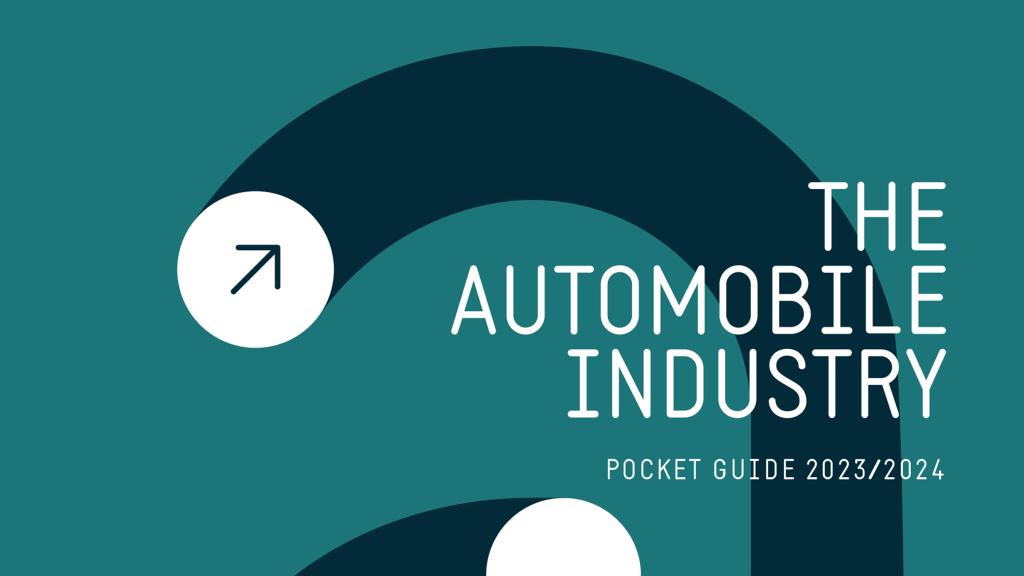Fact sheet #6 – Euro 7: Realistic or unrealistic timings?

The European auto industry needs proper lead time to develop and implement emission reduction technologies in new vehicles. In its current form, the Euro 7 proposal contains unrealistic timelines from an engineering point of view.
Euro 7 is unlikely to be adopted before the end of 2024. The new regulations would come into force in July 2025 for cars and vans and July 2027 for trucks. This would only leave a few months for new cars to comply with extremely stringent new regulations. At least three years lead time is required for such major changes.
The proposal does not provide sufficient lead time to develop, engineer, test, and type approve all combustion engine and electric vehicle models and variants addressed by Euro 7.
Type-approval authorities would not have the capacity to handle the expected surge in approval requests. This would effectively lead to a halt in sales for many vehicles.
The shorter the lead time, the higher the vehicle cost increase will be, because of short-term limited supplier capacity.
The new regulations would come into force in July 2025 for cars and vans and July 2027 for trucks. This would only leave a few months for new cars to comply with extremely stringent new regulations.

